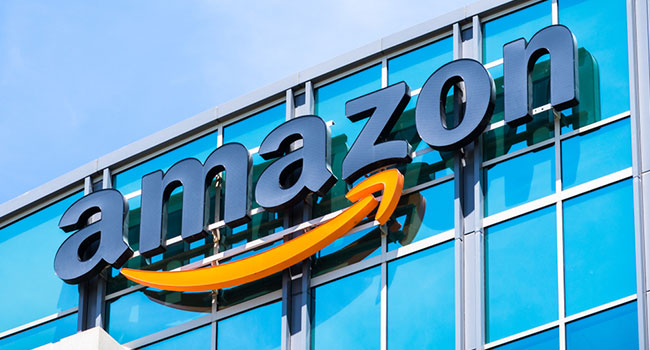
Amazon Patent Shows Potential for Drones To Be Next Frontier in Home Security
The tech behemoth already plans to roll out delivery drones. It’s now considering offering a home surveillance service to customers.
- By Haley Samsel
- Jul 08, 2019
Amazon has already earned a slew of media attention for its plans to deploy a fleet of delivery drones in the near future. Now, the company has scored its first win in exploring the potential for those drones to also serve as a home surveillance tool for customers.
A 2015 patent for surveillance drones filed by the company earned approval from federal officials last month, according to National Public Radio. While plans for this service are still in the early stages, the patent envisions a day in which customers can request that a drone perform a “surveillance action” of their home on an hourly, daily or weekly basis.
The drone would film a specific home and determine the probability of a “surveillance event,” or disturbance, at the home. Some examples offered by the company include a property breach, an open garage door, a fire or a broken window.
If the drone determines that there is a high probability of a security issue, it could send an alert to local fire and police authorities or the user themselves, depending on the severity of the event.
There are some privacy concerns associated with the patent, including the possibility that neighbors’ homes and other property could be filmed without the permission or knowledge of the property owners. The drones also have the potential to identify people with permission to be on the property as “intruders” and incorrectly alert authorities.
“We don’t yet have a sense of the violation we might feel on account of the widespread use of drones,” Jeff Ward, the director of Duke University’s Center on Law and Technology, told NPR.
Amazon officials said they would use geofencing technology to draw a specific perimeter of surveillance and blur out any data that is outside of the selected area, NPR reported.
"Some reports have suggested that this technology would spy or gather data on homes without authorization," Amazon spokesperson John Tagle said in a statement. "To be clear, that's not what the patent says. The patent clearly states that it would be an opt-in service available to customers who authorize monitoring of their home."
As The Verge points out, there is also a significant chance that Amazon will never offer the drone service, just as the company has dropped previous ideas after patenting them. But with the tech behemoth planning to launch drone delivery in a “matter of months,” customers should not be surprised when Amazon comes forward with the power to look after their home while they’re on vacation.
About the Author
Haley Samsel is an Associate Content Editor for the Infrastructure Solutions Group at 1105 Media.